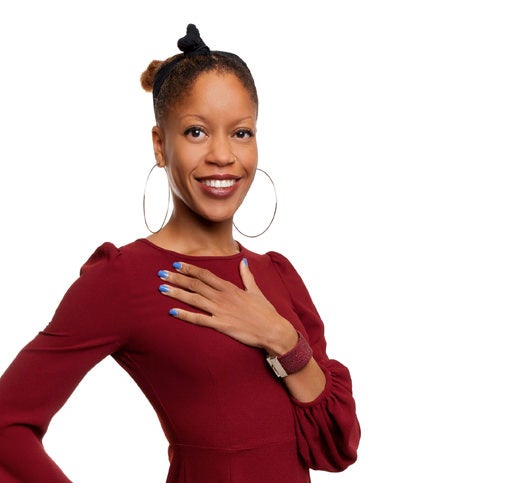
In her Last Lecture to the Class of 2017, Professor Khiara Bridges offered some simple advice: “Be true to yourself. That’s it.”
She described her family’s roots in the Jim Crow South, and growing up in a family of doctors. But as a child who loved reading and writing — and a self-described hypochondriac — Bridges knew, early on, that she wanted to become a lawyer instead.
“I entered law school with this vague idea that I wanted to use my law degree to help people,” she recalls, but “I didn’t know what career in law folks pursued if they were interested in justice.” Her 2L summer at a prestigious New York law firm convinced her that research and writing were what interested her most.
“I wanted to become a law professor because I figured it would allow me to do what I loved doing,” Bridges noted. And she could still “try to right some wrongs. I could try to do some justice for powerless folks.” She even knew what kind of law professor she wanted to be: one who asked and answered questions about the relationship between law and culture, and in turn about race.
“If you ask people what kind of Ph.D. you should get if you want to pursue a career in the legal academy,” she noted, “they will not tell you to get a Ph.D. in anthropology.” Her unconventional choice was another instance of being true to herself, and it worked.
She cited another meaningful example: Her mother enrolled her in a dance class when Bridges was three years old. “Throughout my life people told me I would have to stop dancing eventually,” Bridges remembers. But she continues, even now, for two reasons: “First, I’m still in love with it. I love the music, I love the discipline of it, I love the everydayness of it.” And she dances in honor of her mother, “a little black girl who couldn’t do things because a series of systems had colluded to put something as simple as a tap dance class out of her reach.”